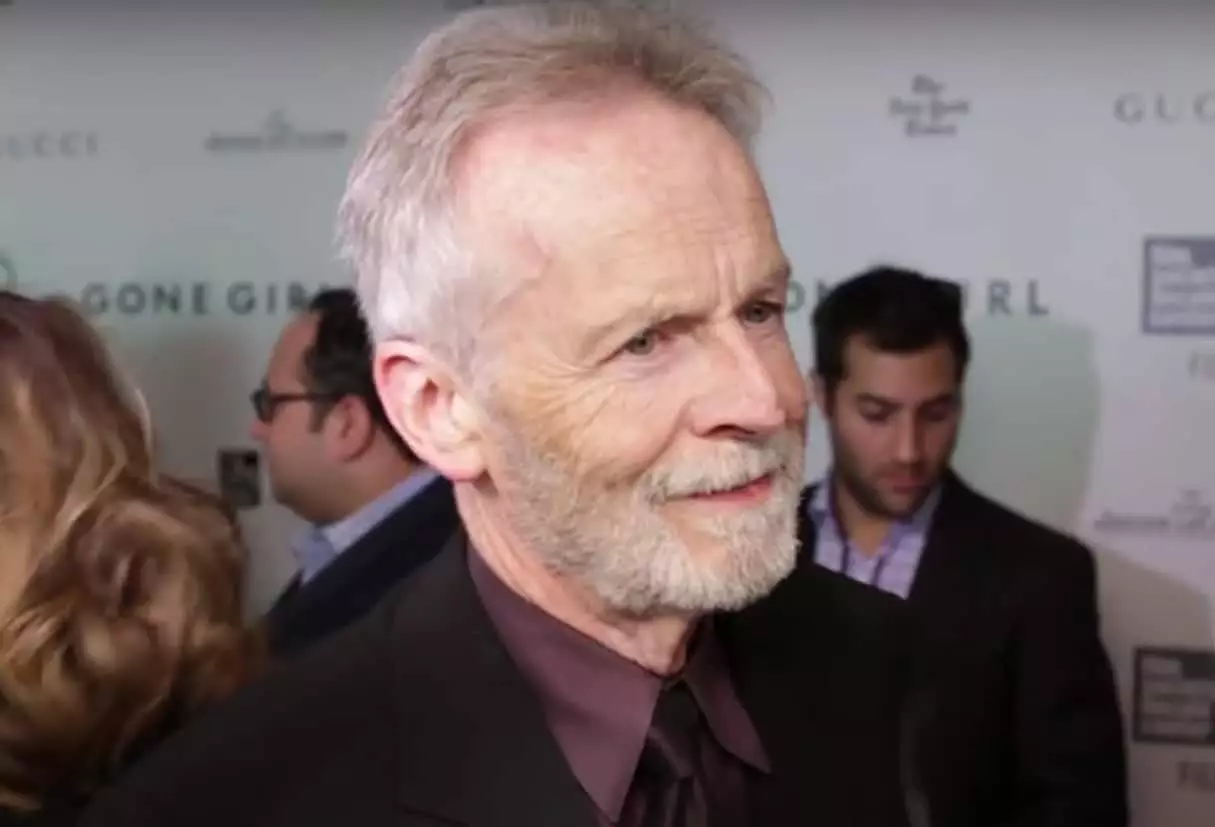By BoxingHit Staff-
At a recent film convention, a captivating conversation unfolded as veteran actor David Clennon reminisced about Muhammad Ali, a figure whose influence transcended the boxing ring and left an indelible mark on cultural history. Clennon, revered for his roles in iconic films such as “The Thing” and “Gone Girl,” shared poignant insights from his time on the set of the 1977 film “The Greatest,” which centers around the legendary boxer’s life. For Clennon, who portrayed a pivotal role as a military officer, the experience was not only a benchmark in his acting career but also a chance to witness a cultural icon in action.
Ali’s Impact on a Generation
“The Greatest” stands out not only for its portrayal of Ali, who played himself, but also for its depiction of a critical moment in American history: the Vietnam War. Reflecting on Ali’s legendary refusal to go to war, Clennon expressed how the boxer provided a voice and a backbone for a generation questioning authority and the moral justifications of war. Clennon recalled his own stance as a conscientious objector during the turbulent 1960s, stating, “Ali had a lot more to lose than I did. Despite the sacrifices he faced, his bravery inspired so many of us.”
In contemporary society, it’s easy to overlook the profound ramifications of Ali’s decisions during that era. At a time when many young men were drafted into the Vietnam War, Ali’s outright refusal not only caused the loss of his boxing career and title but also galvanized the anti-war movement. Clennon articulated the significance of having such a powerful figure to rally behind, noting that Ali personified the fight for justice and equality.
Clennon’s experiences on set paint a vivid picture of the man behind the legend. He described Ali as approachable, without an ounce of arrogance, often joking and engaging with cast and crew. “He didn’t seem to carry the weight of the world on his shoulders,” Clennon shared. “He was excited about making a movie about his life, and that enthusiasm was contagious.” This insight humanizes the fighter, revealing a man who, despite the adversity he faced, remained engaging and enthusiastic about his work.
The draft refusal scene, where Clennon’s character leads Ali out of a room, is pivotal in the film, encapsulating Ali’s courageous stand against the injustices he perceived in society. The gravity of this moment is not lost on Clennon, who acknowledged the historical and personal significance it holds not just for Ali, but for a generation yearning for change.
Despite the plethora of films and documentaries detailing Ali’s life—most notably Will Smith’s critically acclaimed portrayal in “Ali” (2001)—Clennon confidently asserts that “The Greatest” holds a special place in cinematic history. He declared, “I might be biased, but the film we made in the ’70s is the best Ali film.” Clennon believes that having Ali portray himself adds a level of authenticity and raw emotion that actors, no matter how talented, cannot replicate.
The film’s supporting cast also contributes to its lasting appeal, featuring renowned actors like James Earl Jones and Robert Duvall. Their performances, combined with Ali’s formidable presence, create a rich tapestry that vividly captures the spirit and struggles of a singularly extraordinary individual.
When asked about his personal interest in boxing, Clennon responded enthusiastically, acknowledging the universal draw of a compelling fight. “Who doesn’t enjoy a big match?” he mused. However, he articulated that Ali’s magnetic persona transcended the sport; he invoked strong opinions whether someone was a boxing aficionado or not. It speaks to Ali’s broader cultural significance as a champion of social issues, weaving his athletic prowess with an unwavering commitment to equality and justice.
David Clennon’s insights shine a light on Muhammad Ali’s multifaceted persona and the enduring legacy of “The Greatest.” The film not only serves to commemorate one of the most influential figures in sports but also stands as a poignant reminder of the power of conviction and the importance of speaking out against injustice. Through Clennon’s eyes, Ali emerges not just as a boxing champion but as a beacon of hope and resilience for generations to come.


Leave a Reply